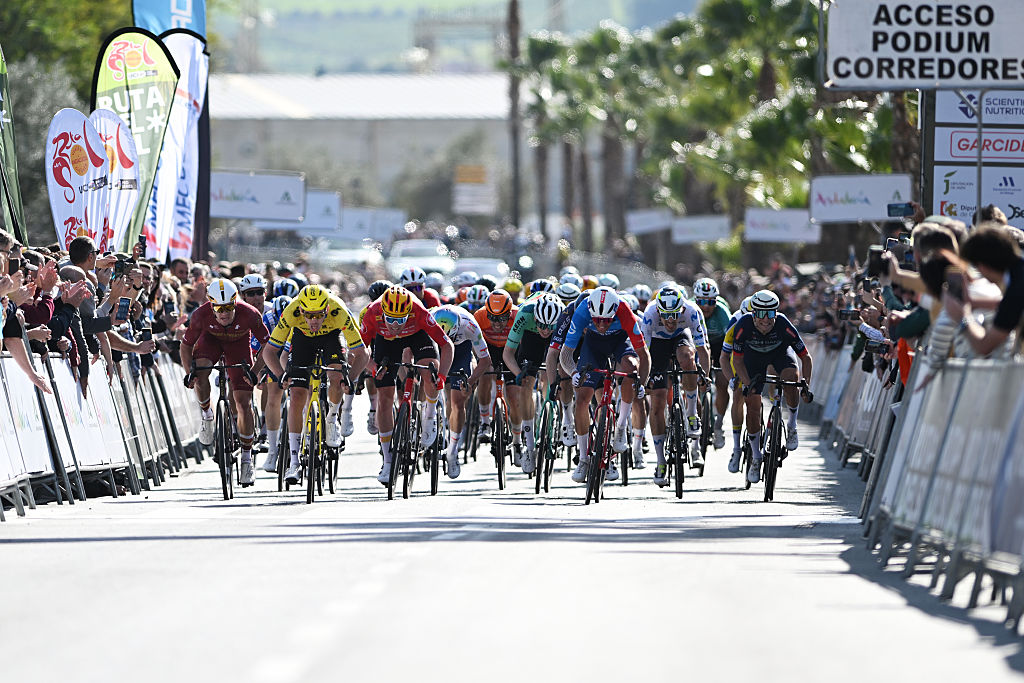Rory tells his story
By Anthony Tan With a number of high profile doping cases recently being awarded against the cyclist...
The latest race content, interviews, features, reviews and expert buying guides, direct to your inbox!
You are now subscribed
Your newsletter sign-up was successful
By Anthony Tan
With a number of high profile doping cases recently being awarded against the cyclist in question, including that of former Phonak rider Tyler Hamilton, the cycling public - and public in general - may be starting to assume an convicted cyclist is guilty until proven otherwise. However, as the case of young Australian rider Rory Sutherland demonstrates, the lines are not so clear cut.
On December 21 last year, the 24 year-old from Canberra was dealt a career-threatening blow. He tested positive for a little-known drug called Clomiphene - practically unheard of in endurance sports and not expected to produce any performance enhancing effect according to some medical experts, although it is on the banned list because it can inhibit estrogen, thereby increasing the body's testosterone production. The disciplinary committee of the Belgian Cycling Federation (with whom Sutherland holds his racing licence) chose to suspend the then 23 year-old for two years with a nine-month conditional sentence.
When contacted by Cyclingnews soon after the news broke, Sutherland claims he had no prior knowledge of the substance until he was told it was present in his body at the time his was tested, which occurred at the Deutschland Tour (Tour of Germany) in August 2005. Evidence later revealed the concentration of Clomiphene in his body was in the range of 5-10 nanograms - in other words, 5-10 billionths of a gram - and it was this argument that was put forward to the disciplinary committee at his November 23 hearing.
Furthermore, an independent investigation committee wrote in its report that it did not find "any indication that Sutherland was directly or indirectly implicated in expressing interest in or in using substances classified as doping agents" and that "Sutherland took the substance unknowingly."
Now sitting at his home in Canberra, supported by family and friends, Sutherland isn't too sure what to do. Should he appeal to the sport's highest authority, the Court of Arbitration for Sport (CAS)?
"This is a very difficult question for me to answer," he said, discussing his case exclusively with Cyclingnews.
The latest race content, interviews, features, reviews and expert buying guides, direct to your inbox!
"It is on one hand difficult for me to think about going to the CAS after what has just happened to Danilo Hondo. [Upon appeal to the CAS for testing positive to the drug Carphedon, the German rider's suspension was in fact extended from one to two years, as well as another two-year ban from racing in the ProTour - ed.] But, for me to run the risk of getting a longer suspension is a very big deterrent. On the other hand, I don't think what has happened is right, and I am not someone who likes just to give up the fight when you know there is an injustice. A bit of a 'Catch 22' situation."
Sutherland's suspension effectively ends on December 15th, 2006, so admittedly, a year and a half out of the sport for a young rider with plenty of promise is unlikely to be career ending. He says he's been given a date when he's permitted to race again, and "I'm looking to that date, and working towards it."
"I've had some time off the bike of late, but have been keeping fit doing other things. It's nearly time to start training again and start working on the future instead of thinking too much about the past. I have no expectation of not riding again. I think in the long run this will help me to realize just how much I really do love the sport. I'm motivated, frustrated, and confident that I will be a better rider from it.
"This is by far the hardest thing I have ever been through. But, it's very important to me that I can hold my head up high in the knowledge that I have never knowingly taken any performance enhancing substances."
Adds Sutherland, who chose to answer questions via email, "I'm sure a lot of people have made up their minds about me, and to be honest I'm okay with that. Maybe it's not in my best interests to write this, but I think it's important for people to see things from a different angle, and other riders (athletes) can see what can happen in professional sport."
Look for the full interview transcript with Rory Sutherland next week.
